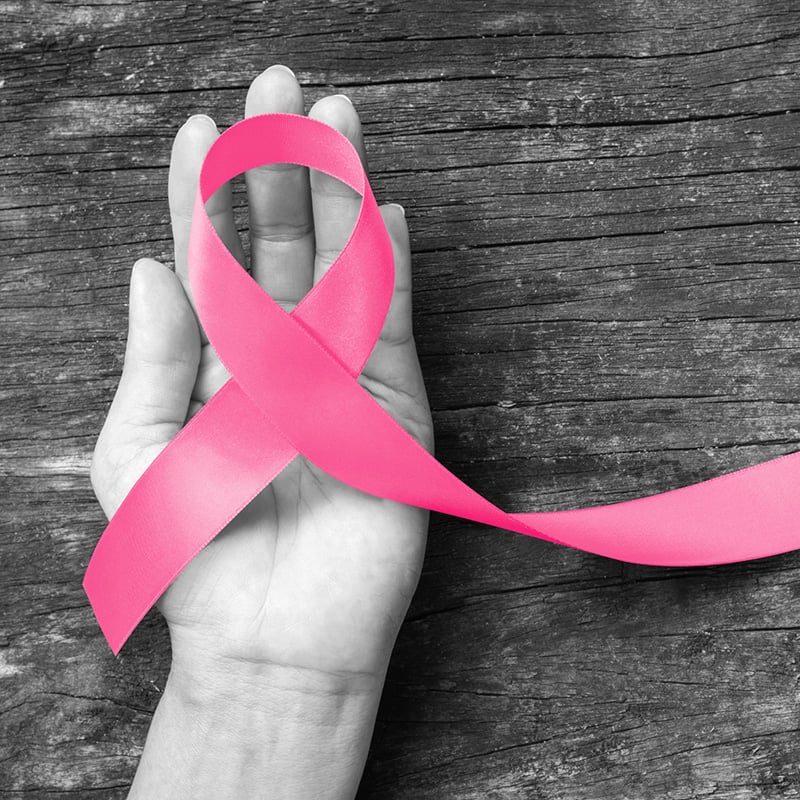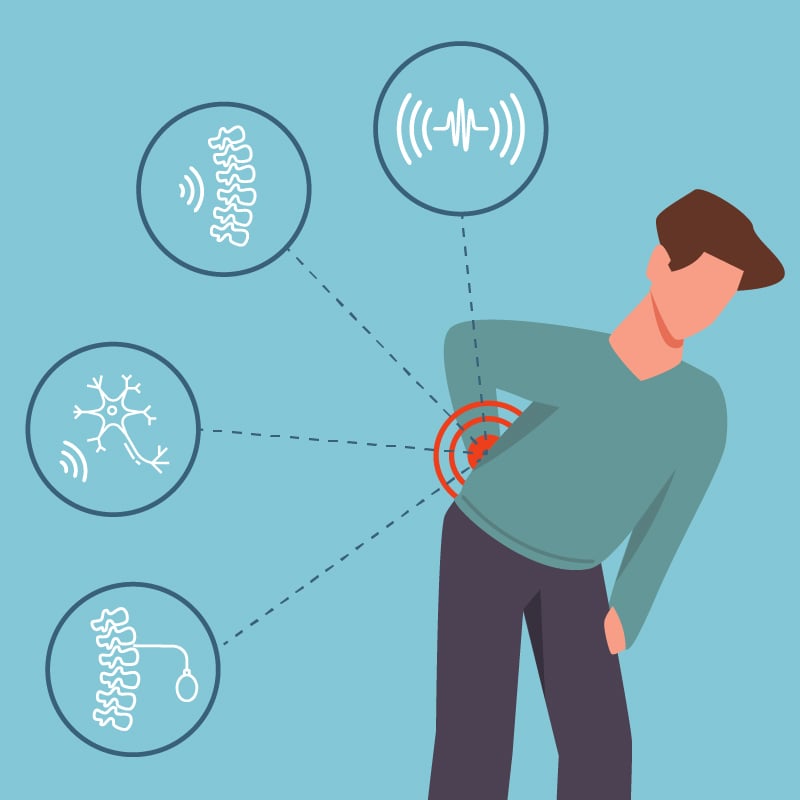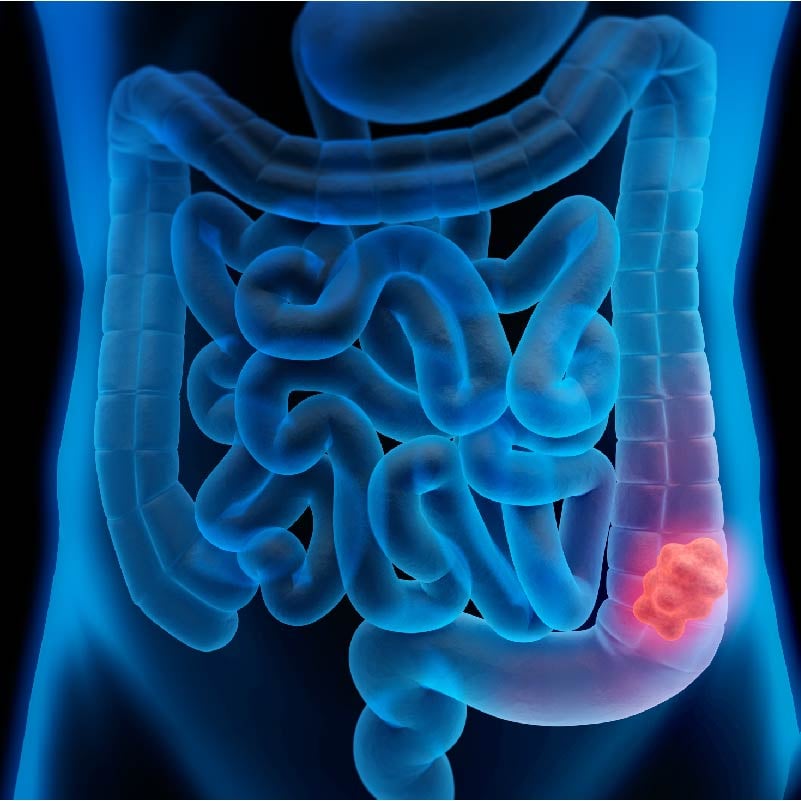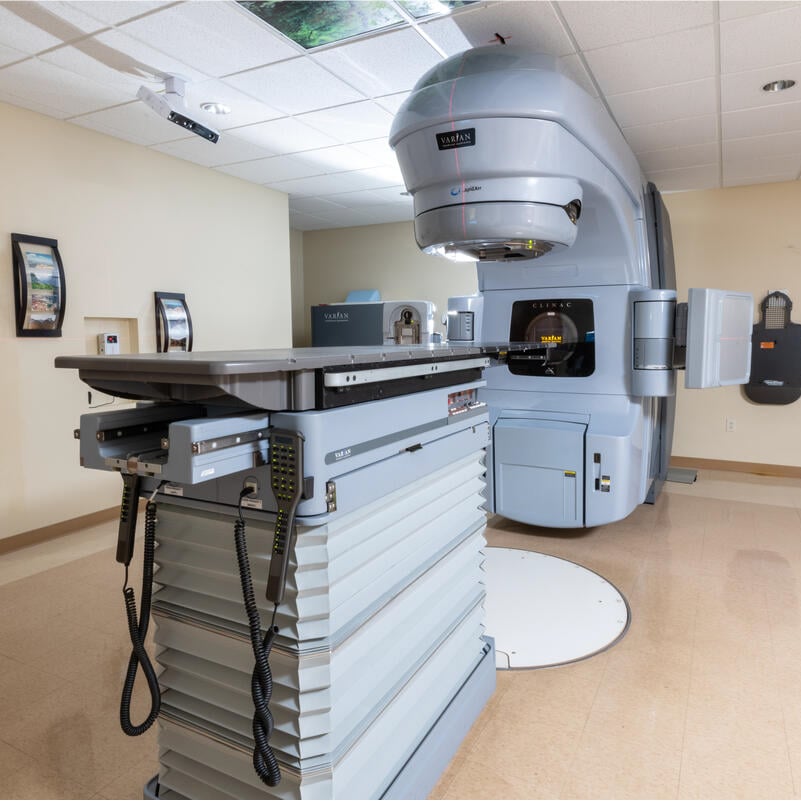A newly-released report from the American Cancer Society (ACS) shows young patients are being diagnosed with colon and rectal cancer at higher rates in the last 25 years. The change is catching the attention of cancer researchers and providers alike.
Jason Gutman, MD, is a gastroenterologist working at Rochester General Hospital and shares what the report means for young patients and what people can do to protect against colorectal cancer.
Younger patients
Colorectal cancer is now the leading cause of cancer-related death in men under the age of 50 and the second highest cancer-related death for women under the age of 50. It is difficult to diagnose because it often comes with few to no symptoms. Many cases start small as polyps – small clumps of cells that form on the lining of the colon or rectum. Most polyps cause no symptoms until they begin to grow.
The percentage of colorectal cancer patients between the ages of 20-49 nearly doubled – going from 11 percent to 20 percent, according to research published by the American Cancer Society.
Researchers are unsure why rates are increasing in younger patients. Increasing rates of obesity especially in children and more sedentary lifestyle could be playing a role. Environmental and dietary factors could be among other reasons why experts are seeing more cases in younger patients.
More than half of all cases of colorectal cancer diagnoses are linked to lifestyle factors, including
- excessive alcohol drinking
- lack of physical activity
- smoking
- unhealthy diet
Family history plays a significant role in increasing the risk of developing colorectal cancer, according to the American Cancer Society. People whose parents, sibling, or child is diagnosed with colon or rectal cancer are as much as four times more likely to develop cancer themselves – especially if the person diagnosed is under the age of 50.
“During my 17-year career as a gastroenterologist, we have unfortunately seen more and more young patients presenting with colorectal cancer at a young age or finding colon cancer during their first screening exams,” Dr. Gutman said. “There is also intensive research looking into genetic factors and the gut microbiome, which have been changing over time that may increase your risk for colon cancer and other diseases.”
Prevention
The American College of Gastroenterology and U.S. Preventive Services Task Force recommend regular colorectal screenings begin at age 45 for average risk adults (patients who do not have a history of cancer or are not at increased risk of colorectal cancer). However, patients with a family history or facing certain risk factors will have a conversation with their provider about starting screenings at an earlier age.
Getting screened is the single most important way that a person can reduce their risk of colorectal cancer. This is especially true for African American patients, who are about 20 percent more likely to be diagnosed with colorectal cancer and about 40 percent more likely to die after being diagnosed as compared to most other groups.
Paying attention to your health and getting in touch with your primary care provider if you start to experience sudden changes is very important. Examples of sudden changes include:
- sudden changes in bowel movements
- sudden abdominal pain/bloating
- blood in stool
- unintentional/unexplained weight loss
Learn More: Colorectal Screenings: What You Need To Know
Depending on each person’s risk factors, there are different ways to screen for colorectal cancer. Some of these include:
- colonoscopy
- stool testing (FIT or Cologuard)
- CT colonography
“As a medical practitioner, one of our main goals in the care of our patients is prevention. An ounce of prevention is worth a pound of cure,” Dr. Gutman said. “As long as individuals are utilizing one of the screening processes we have available, we will be able to continue to decrease the rate of cancer death by either preventing future colon cancers or detecting it at an earlier stage.”









